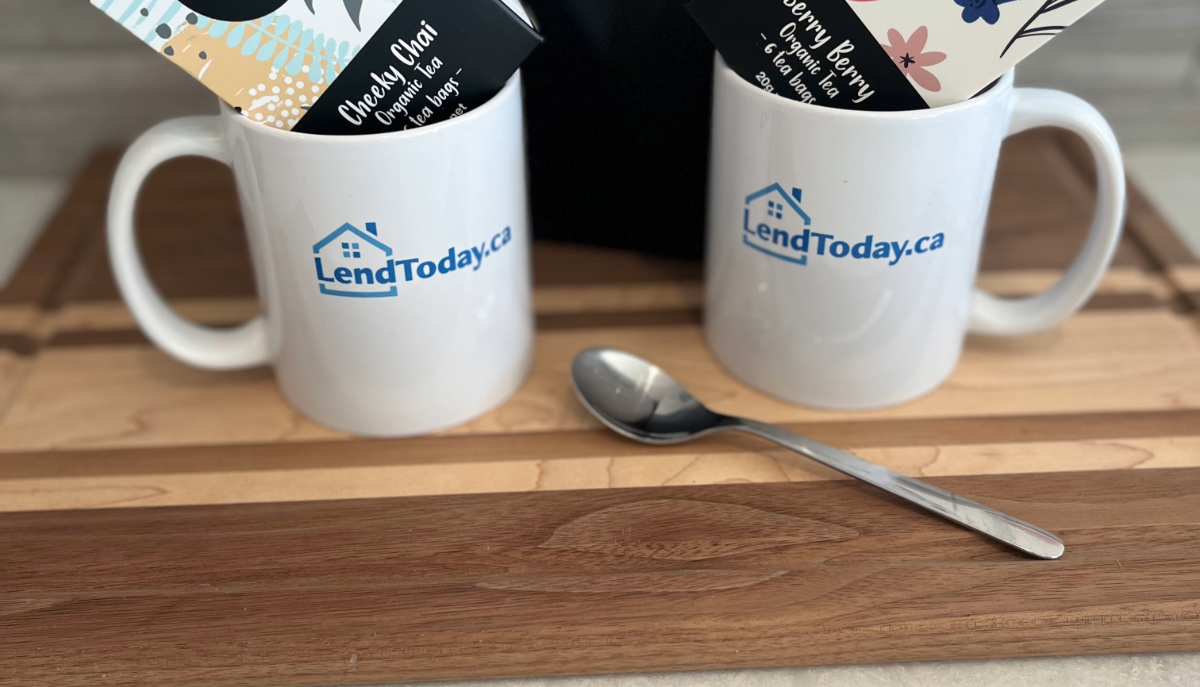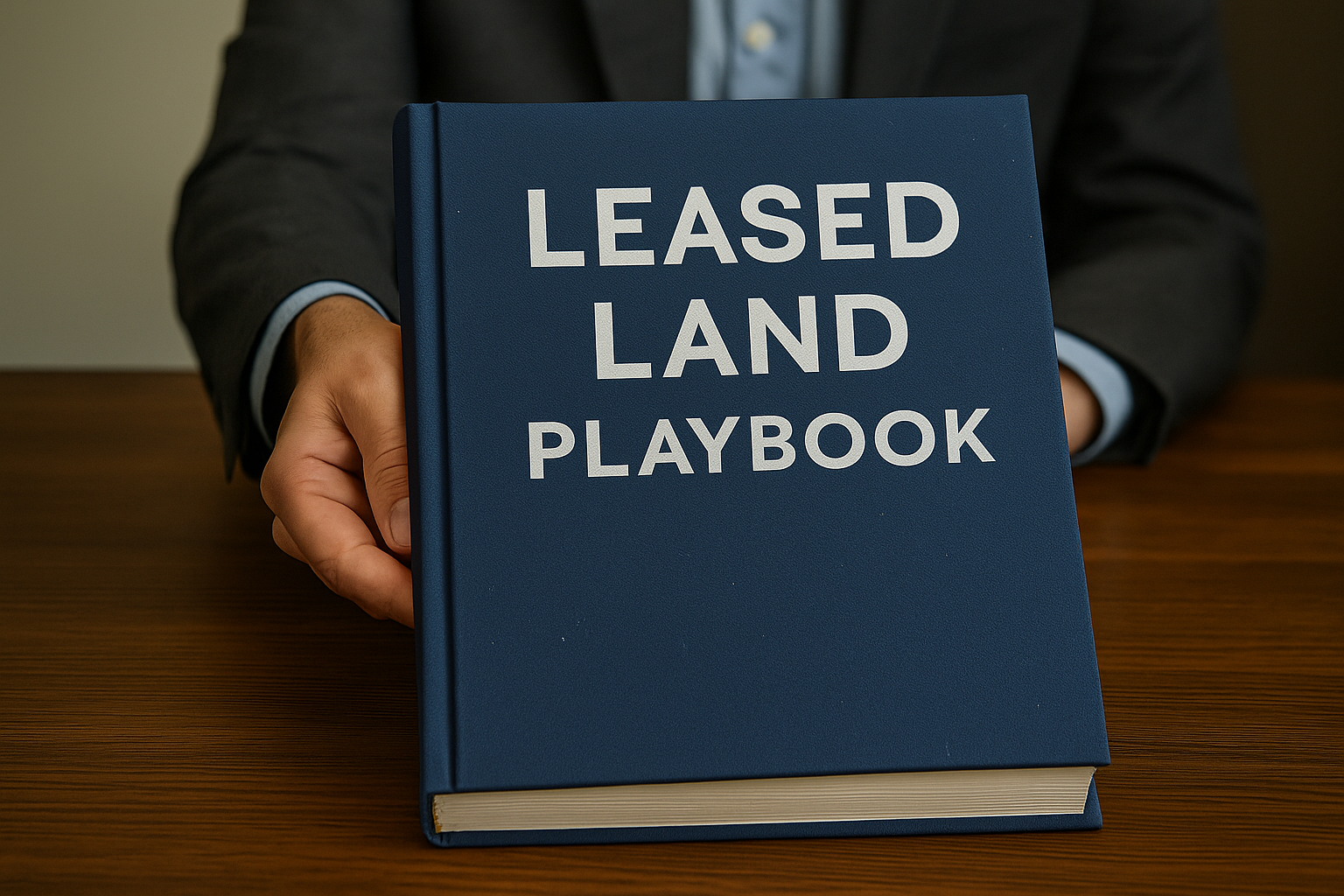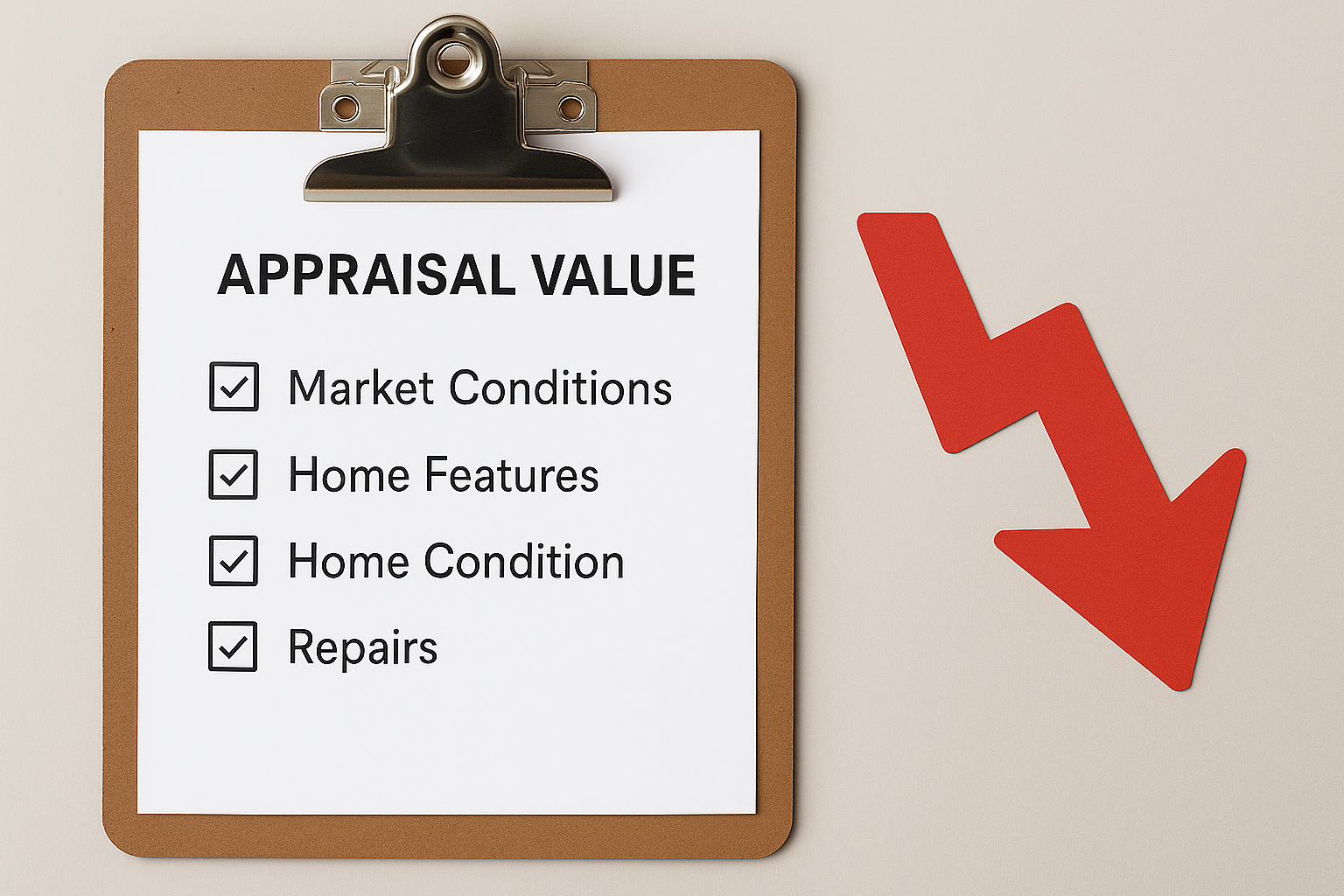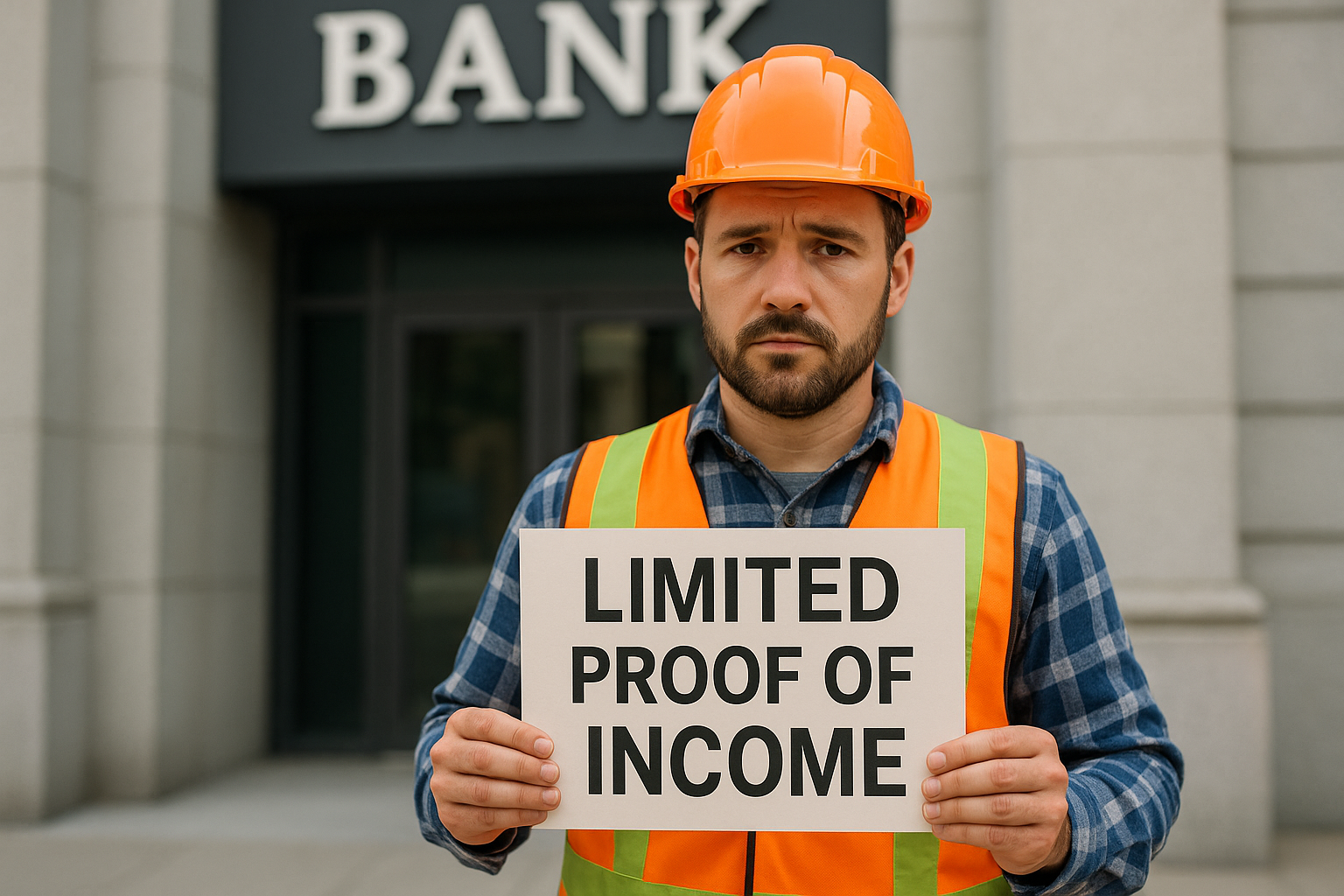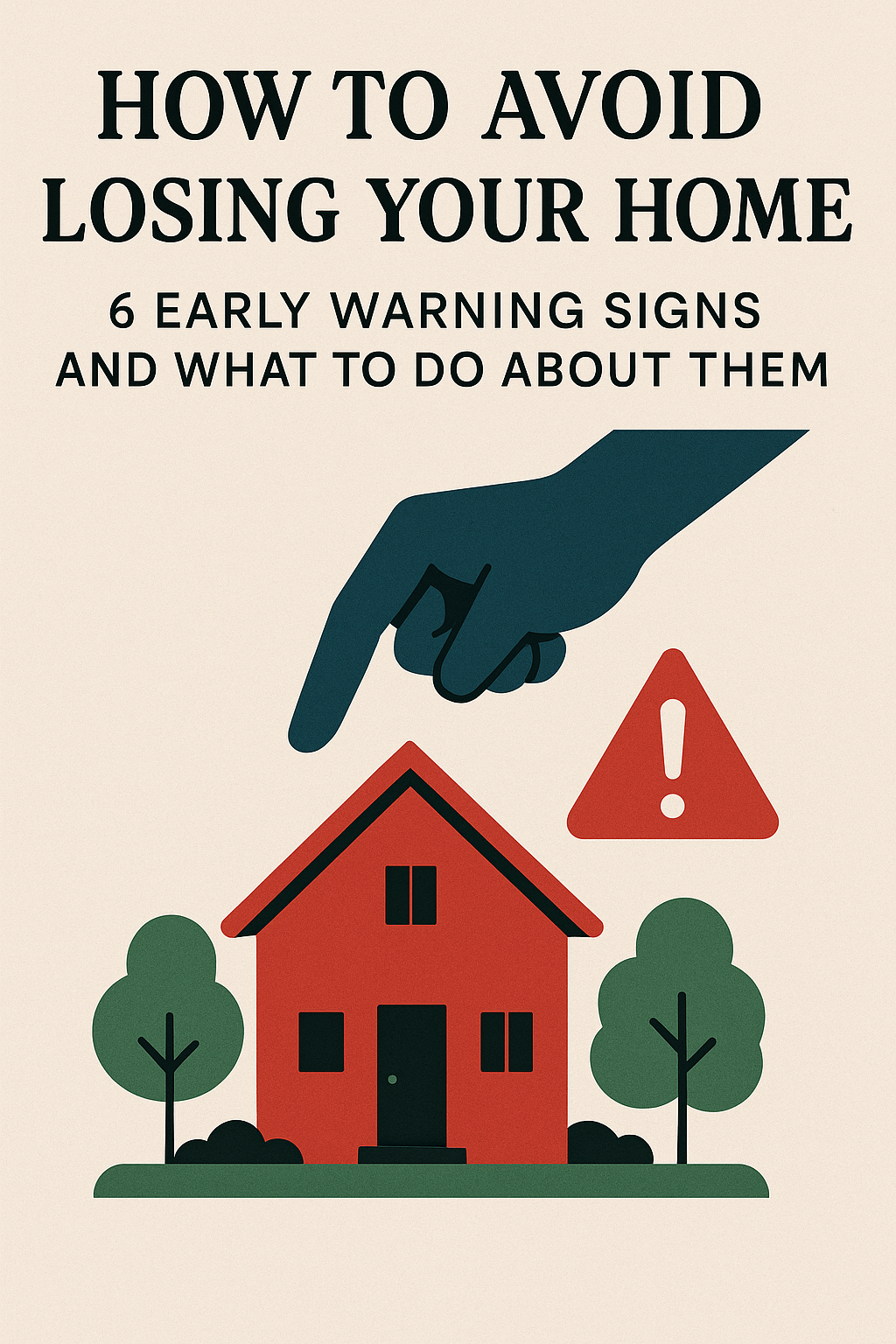Table of Contents
TogglePrivate Mortgage Lenders for Bad Credit in Ontario
Ever been denied a mortgage by your bank? You’re not alone. Almost 1 in 4 Canadians have faced the same roadblock, and it’s often because of poor credit or irregular income. But there’s good news. Private mortgage lenders might be your key to securing the financing you need—even when traditional banks say no.
If you’ve found yourself struggling with bad credit or inconsistent income, here’s everything you need to know about private mortgage lenders in Ontario.
What Are Private Mortgage Lenders?
Private mortgage lenders are individuals, investment groups or companies that offer mortgage loans outside of the traditional Canadian banking system. Unlike banks, which follow strict federal regulations, private lenders have more flexibility. They focus less on your credit score and more on the equity you own in your home. This means if you’ve got bad credit but own a house, you’ve still got options!
Private lenders are not your typical banks. They take on higher risk—because of that, the interest rates they charge can be steeper. But the tradeoff? You get the financing you need when you need it most.
Reasons Why You Would Consider Private Mortgage Lenders
Private mortgage lenders can be a game-changer for those turned away by banks.
Here are a few reasons why:
- Bad Credit – Banks love good credit, but private lenders care more about your property and its value than the number on your credit report.
- Self-Employed or Irregular Income – You could be a successful entrepreneur or commissioned sales with inconsistent income, making it hard for banks to assess your risk. Private lenders take a broader view.
- Debt Consolidation – If you’re drowning in debt, a private mortgage can provide the funds to consolidate and simplify payments.
- Foreclosure or Power of Sale – Homeowners on the brink of foreclosure can often use a private mortgage to refinance and save their homes.
Who Can Private Mortgage Lenders Assist?
Here are three types of borrowers that private mortgage lenders typically help:
- Self-Employed and Irregular Income Earners
Self-employed? Great! But banks may still see your inconsistent income as a risk. Private mortgage lenders, on the other hand, understand the nature of fluctuating income and are more willing to work with you. - Bad Credit Borrowers
A low credit score is a no-go for most banks. Private lenders? Not so much. If you’ve got substantial home equity, you’re more than likely to qualify, even with bad credit. - Homeowners with mortgage and property tax arrears
If you’re at risk of losing your home due to mortgage or property tax arrears, a private mortgage could be a lifeline. It gives you the breathing room needed to catch up on payments or refinance.
How to Find the Right Private Mortgage Lenders
Not all private mortgage lenders are created equal, so how do you find the right one? Start by speaking with your mortgage broker and ask them to look for lenders with a solid track record, good reviews, and transparency in their terms.
Here are a few things to keep in mind:
- Compare interest rates, which normally range from 6% to 15% (depending on your situation).
- Check for upfront fees—lenders often build the fees into the financing but its best to know if there are any upfront fees.
- Make sure to work with a broker who can match you with a lender that best fits your needs.
A good mortgage broker will not only find you a lender but will also work with you on an exit strategy—a plan to eventually move you into a better mortgage with a lower interest rate, typically with a bank.
Private Mortgage Lender Fees
One of the key things to be aware of when dealing with private mortgage lenders is the fees. Unlike bank loans that come with fixed or minimal fees, private mortgage fees vary depending on the lender and the loan amount. These fees usually range from 1.5% to 10%, so be sure to factor this into your cost calculations.
Additionally, most private lenders require an appraisal upfront and possibly legal fees, so it’s crucial to ask upfront about any extra costs. Transparency is key here!
Private Mortgage Lenders vs Other Lenders
How do private mortgage lenders stack up against other lenders?
- Banks – Banks offer the lowest rates (around 4-5%) but have stricter lending criteria, especially for bad credit borrowers.
- B Lenders – These are lenders who cater to clients with less-than-perfect credit. They typically charge rates around 5-8%.
- Private Lenders – Private lenders accept more risk, which means their rates can go from 6% to 15% depending on your financial situation.
The upside of going with a private lender is access to the funds fast when you need it. The downside? It comes at a higher price. But if your financial health improves, you can always look to refinance at a later date.
Getting a Private Mortgage Lender in Ontario
Securing a private mortgage lender can be the solution to your financial headaches, but it’s crucial to have a plan. This is where working with a mortgage broker on a path to financial improvement becomes invaluable.
A good broker will:
- Help you navigate the private lending market.
- Find you the best rates and terms based on your situation.
- Work with you to develop an exit strategy—so you’re not stuck with a high-interest private loan forever. Ideally, once your finances and credit improve, you’ll be able to transition to a more traditional lender with lower rates.
At LendToday, we partner with a wide network of private lenders across Ontario. Whether you’re dealing with bad credit, self-employment income, or foreclosure, we’ll help you find a financing solution that fits your unique needs.
Don’t let bad credit stand in the way of owning or keeping your home. Get in touch today, and we’ll help you create a plan that works!
- Low Appraisals: Steps Canadian Homeowners Can Take - June 27, 2025
- What Loan Does Not Require Proof of Income in Canada in 2025 - June 23, 2025
- How to Avoid Losing Your Home: 6 Early Warning Signs and What to Do About Them - June 20, 2025
